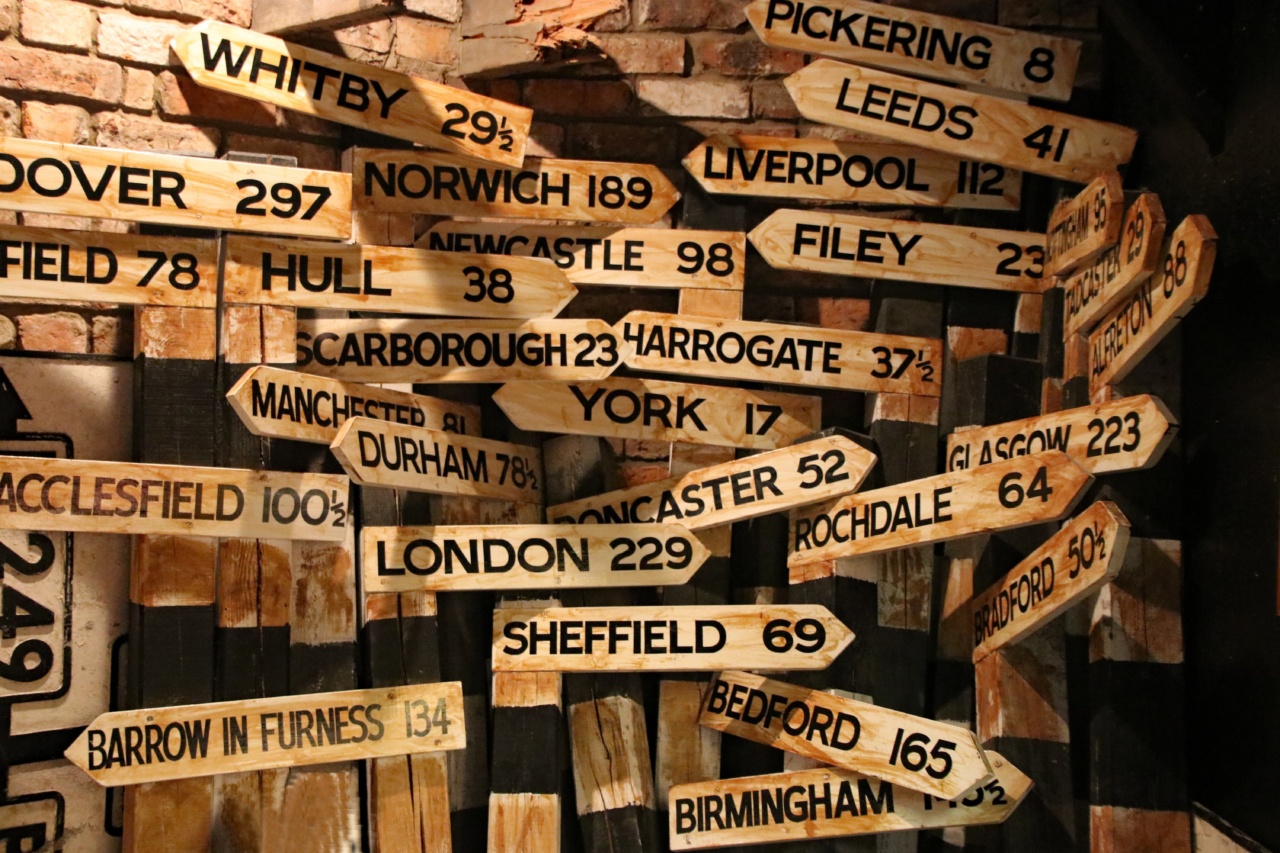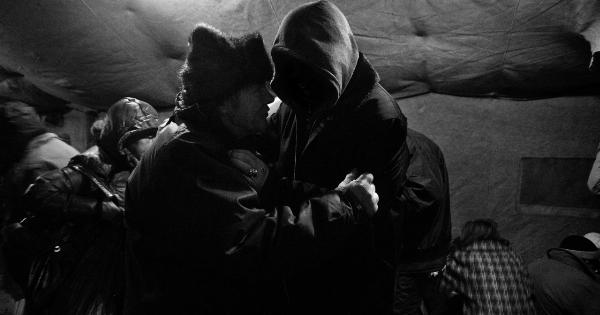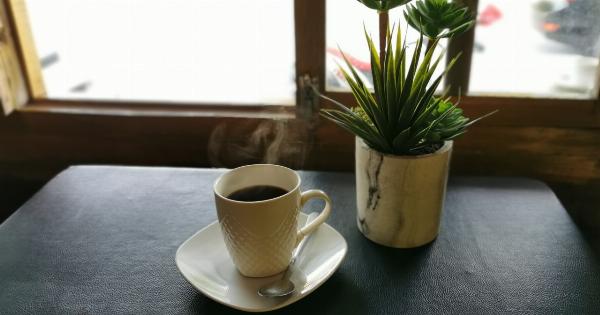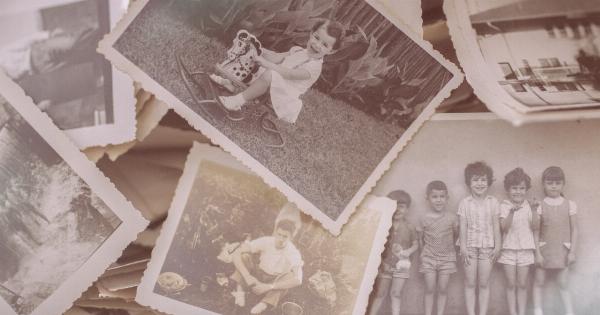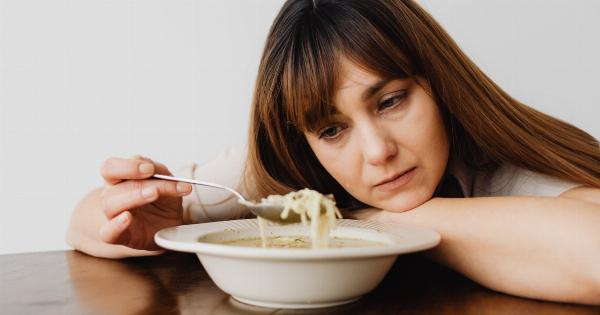Depression is a serious mental health disorder that affects millions of people all over the world. It can have a significant impact on the lives of those who suffer from it, as well as their loved ones.
However, there is another type of depression that is not talked about as much: informal depression.
What is Informal Depression?
Informal depression is a term used to describe mild to moderate depression that does not meet the diagnostic criteria for clinical depression. It is often referred to as subclinical depression or dysthymia.
While informal depression may not be as severe as clinical depression, it can still have a significant impact on a person’s life.
Signs and Symptoms
Individuals with informal depression may experience a range of symptoms that are similar to those experienced by people with clinical depression. However, these symptoms may be less intense and may not last as long.
Some common signs and symptoms of informal depression include:.
- Feelings of sadness or hopelessness
- Lack of motivation or interest in activities once enjoyed
- Fatigue or lack of energy
- Changes in appetite or sleep patterns
- Irritability or anger
- Difficulty concentrating or making decisions
It is important to note that these symptoms may be caused by other factors besides depression, so it is important to speak with a healthcare professional to determine the underlying cause.
Causes of Informal Depression
Like clinical depression, informal depression can be caused by a combination of genetic, environmental, and lifestyle factors. Some common causes of informal depression include:.
- Stressful life events, such as loss of a job, financial difficulties, or relationship problems
- Poor nutrition or lack of exercise
- Chronic illness or pain
- Family history of depression or mental health disorders
- History of physical, emotional, or sexual abuse
Treatment for Informal Depression
Treatment for informal depression may involve a combination of lifestyle changes, therapy, and/or medication. Some common treatments include:.
- Exercise or physical activity
- Dietary changes and nutritional supplements
- Talk therapy, such as cognitive behavioral therapy or interpersonal therapy
- Medications, such as antidepressants or anti-anxiety medications
It is important to speak with a healthcare professional to determine the best treatment plan for each individual.
Preventing Informal Depression
While it may not be possible to prevent informal depression entirely, there are steps individuals can take to reduce their risk. Some tips for preventing informal depression include:.
- Maintaining a healthy lifestyle, including regular exercise and a balanced diet
- Managing stress through relaxation techniques, such as deep breathing or meditation
- Building a strong support system of friends and family
- Seeking help early if symptoms of depression arise
Conclusion
Informal depression may not be as severe as clinical depression, but it can still have a significant impact on a person’s life. It is important to recognize the signs and symptoms of informal depression and seek help if necessary.
With the right treatment and support, individuals with informal depression can lead healthy, fulfilling lives.
